What they say
( China Daily ) Updated: 2012-12-09 14:26:58Highlights of Banquet Speeches from Nobel Laureates in literature
When Tomas was 16 he started writing along with some like-minded friends when the lessons seemed more than usually trying, they would pass notes and poems between them.
"What an impression those scribblings would make!" Tomas later wrote.
"There is the fundamental situation of poetry.
"The lesson of official life goes rumbling on.
"We send inspired notes to each other."
Tomas Transtromer in 2011 (represented by Monica Transtromer)
Once upon a time, there was a boy who learned to read at the age of 5. This changed his life. Owing to the adventure tales he read, he discovered a way to escape from the poor house, the poor country and the poor reality in which he lived, and to journey to wonderful, mesmerizing places peopled with the most beautiful beings and the most surprising things, where every day and every night brought a more intense, more thrilling more unusual form of bliss.
The character in my story, however, was very aware that the real world was one thing and the fancy world of dreams and literature quite another, and that the latter only came to light when he read and wrote stories. The rest of the time, it vanished.
Mario Vargas Llosa in 2010
I am a strange Japanese who spent his infancy and boyhood under the overwhelming influence of Nils Holgersson. So great was Nils' influence on me that there was a time I could name Sweden's beautiful locales better than those of my own country.
Genji, the protagonist of the classic tale, bids a flock of geese he sees in flight to search for his wife's departed soul which has failed to appear even in his dreams.
The destination of the soul: this is what I, led on by Nils Holgersson, came to seek in the literature of Western Europe. I fervently hope that my pursuit, as a Japanese, of literature and culture will, in some small measure, repay Western Europe for the light it has shed upon the human condition.
Kenzaburo Oe in 1994
I feel that this award was not made to me as a man, but to my work - a life's work in the agony and sweat of the human spirit, not for glory and least of all for profit, but to create out of the materials of the human spirit something which did not exist before.
Until he does so, he labors under a curse. He writes not of love but of lust, of defeats in which nobody loses anything of value, of victories without hope and, worst of all, without pity or compassion. His griefs grieve on no universal bones, leaving no scars. He writes not of the heart but of the glands.
William Faulkner in 1949
Mei Jia
 |
|
|
|
|
|
|
|
|

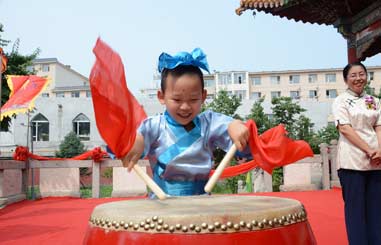
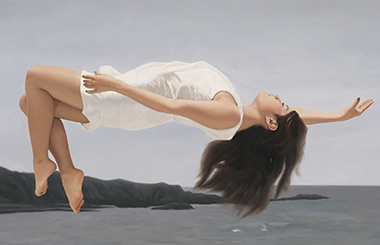

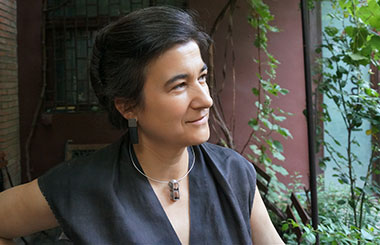
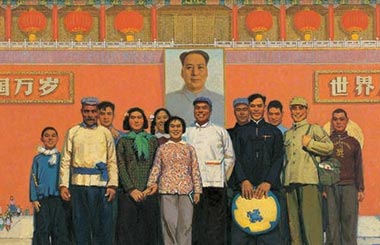















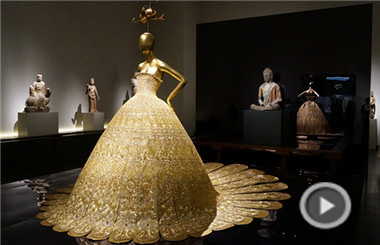

 Raymond Zhou:
Raymond Zhou: Pauline D Loh:
Pauline D Loh: Hot Pot
Hot Pot Eco China
Eco China China Dream
China Dream China Face
China Face






